Artificial Intelligence (AI) is revolutionizing the music industry by transforming how music is composed, produced, distributed, and consumed. From assisting musicians to generating entire compositions, AI is redefining the creative and commercial boundaries of music.
How Is AI Used in Music?
AI in music involves machine learning algorithms that analyze audio data, recognize patterns, and make creative decisions. These technologies can generate melodies, harmonies, lyrics, and even full songs—opening new possibilities for artists and producers alike.
Key Areas Where AI Impacts Music
Music Composition and Production
AI tools like AIVA, Amper Music, and Google’s Magenta can generate original compositions based on specific styles, moods, or instruments. Musicians use these tools to find inspiration, develop song structures, or even produce full tracks without traditional instruments.
Personalized Recommendations
Streaming services like Spotify and Apple Music rely heavily on AI to analyze user behavior and listening habits. These systems recommend songs tailored to individual tastes, improving user experience and expanding audience reach for artists.
Audio Enhancement and Mixing
AI-powered software can automatically master audio tracks, enhance sound quality, or isolate vocals and instruments. This makes music production more accessible, especially for independent artists without access to high-end studios.
Lyric Writing and Voice Synthesis
Some AI platforms assist with lyric writing by generating word patterns or rhymes. Others go further by synthesizing realistic singing voices using AI-generated vocals, enabling entirely virtual performers or “AI singers.”
Music Analysis and Trend Prediction
AI helps industry professionals analyze current music trends and forecast what styles or genres are gaining popularity. Labels and artists can use these insights for marketing strategies or to stay ahead of evolving listener preferences.
Challenges and Ethical Considerations
While AI brings innovation, it also introduces complex challenges:
- Authenticity and Creativity: When AI composes music, questions arise about authorship and artistic integrity. Can a machine truly create music with emotional depth?
- Copyright and Ownership: If AI is trained on existing songs, the originality of its output may be legally questionable. Determining who owns AI-generated music is still a grey area.
- Impact on Jobs: Automation in music production may reduce demand for traditional roles like composers, sound engineers, or session musicians.
- Bias in Data: AI systems trained on limited or biased music data may overlook diverse styles, cultures, or voices, potentially narrowing artistic diversity.
Conclusion
AI is reshaping the music world by offering new creative tools, enhancing production processes, and personalizing the listening experience. However, as technology evolves, it is crucial to address the ethical, legal, and artistic implications of AI-generated music. The future of music lies in harmonizing human expression with technological innovation.


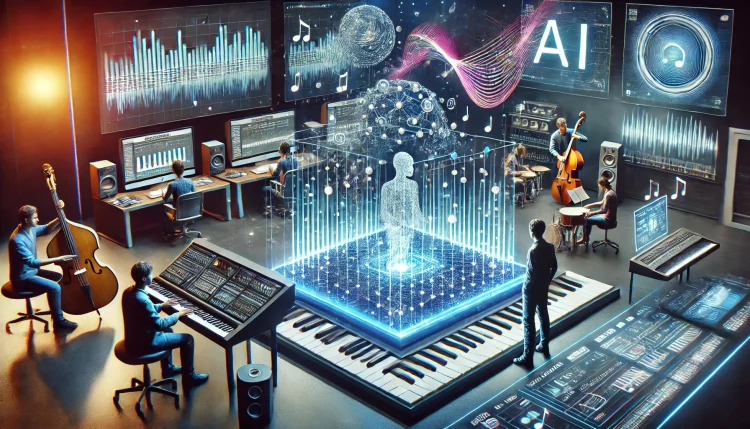
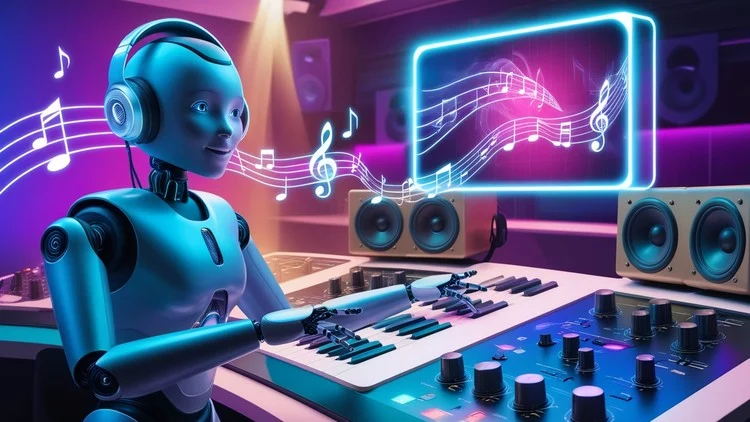
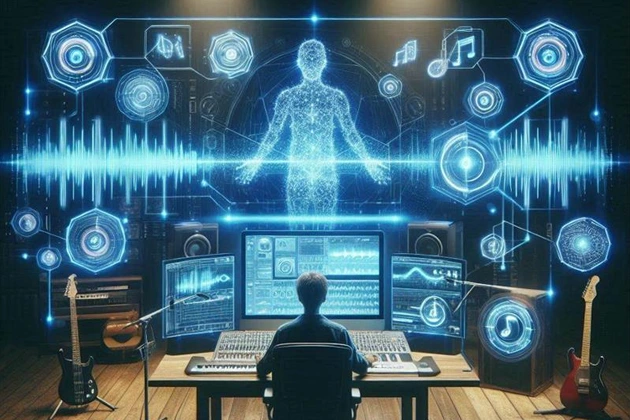
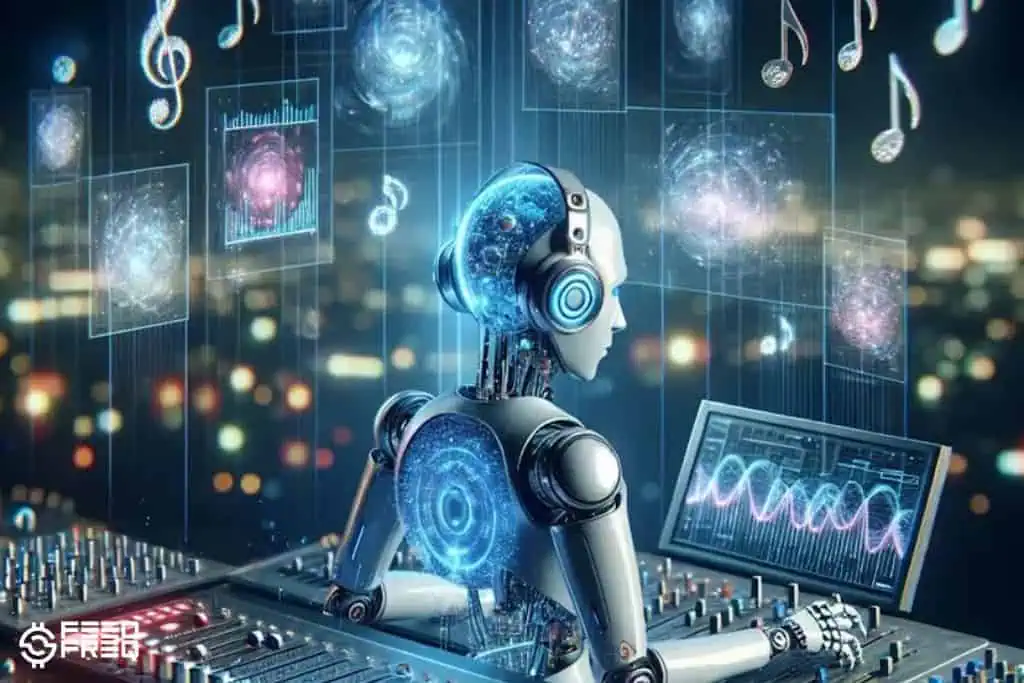
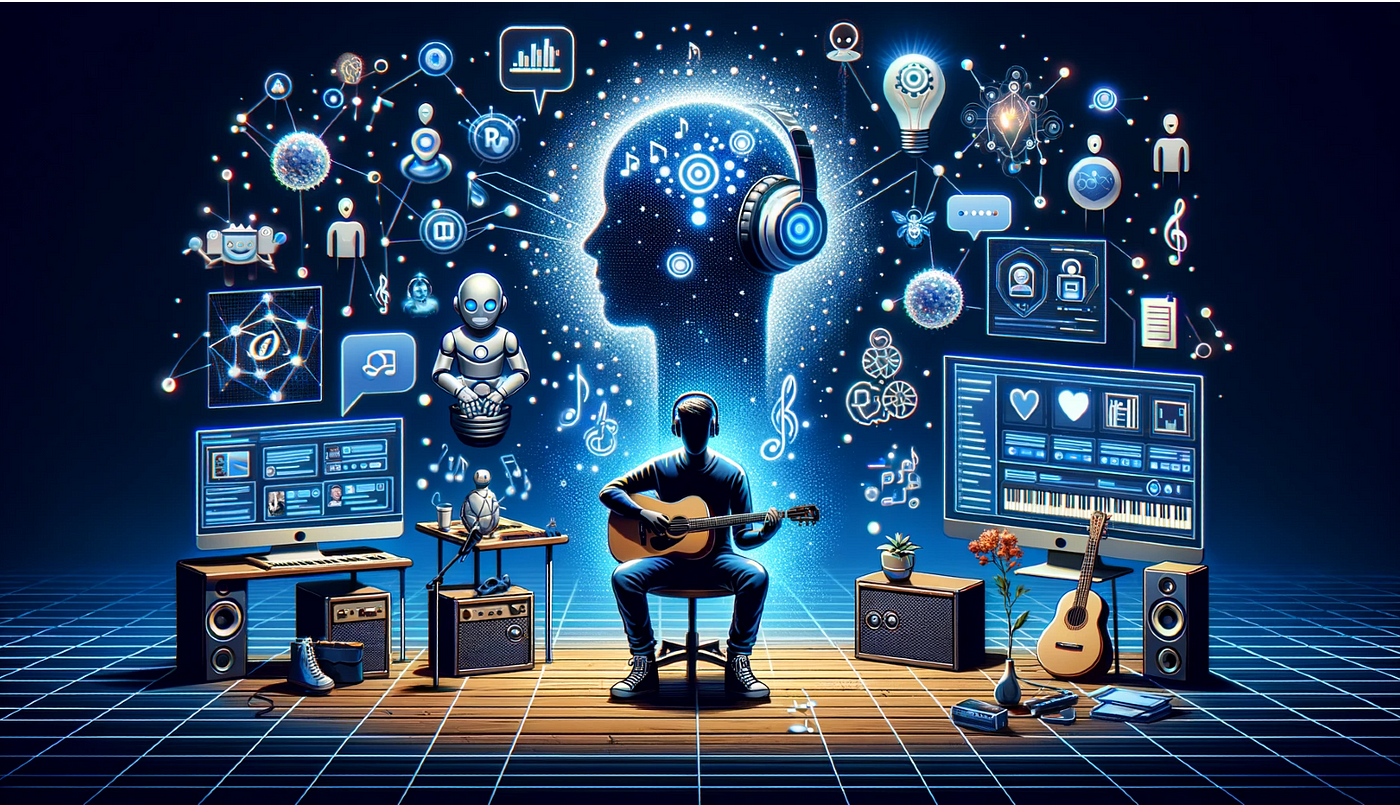
Leave feedback about this